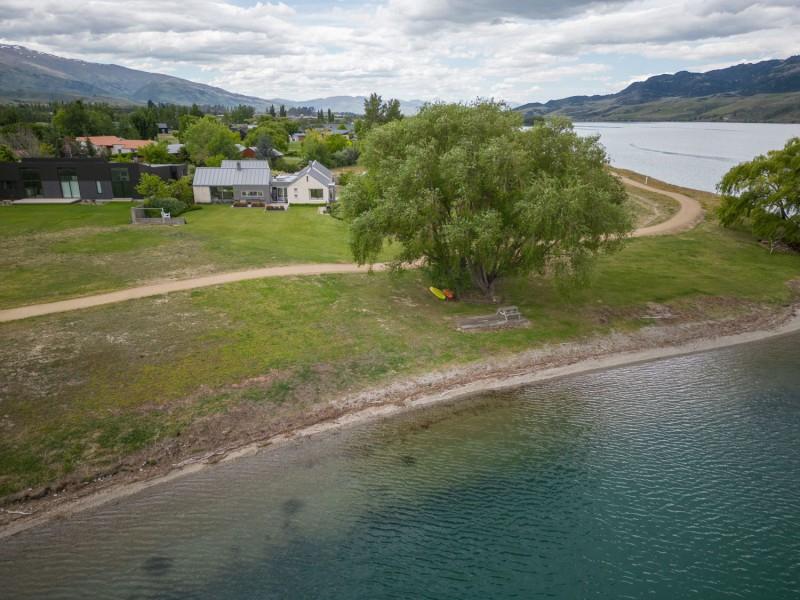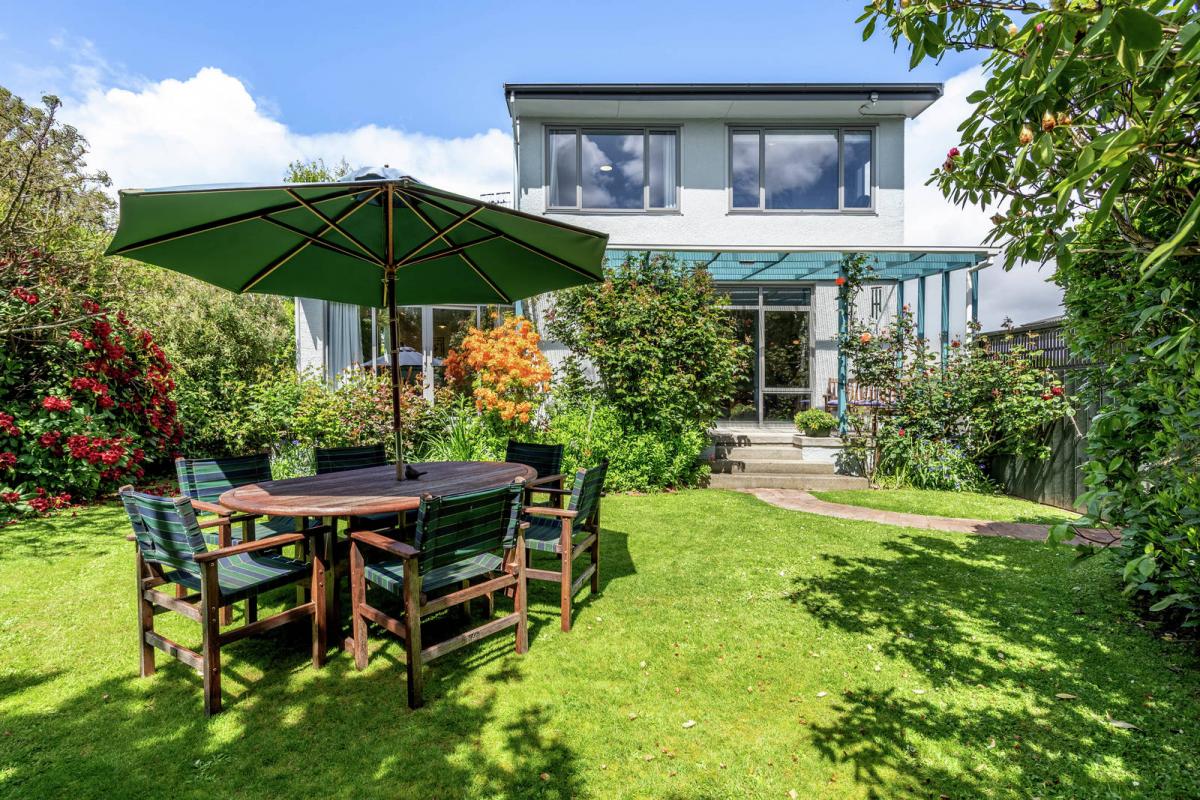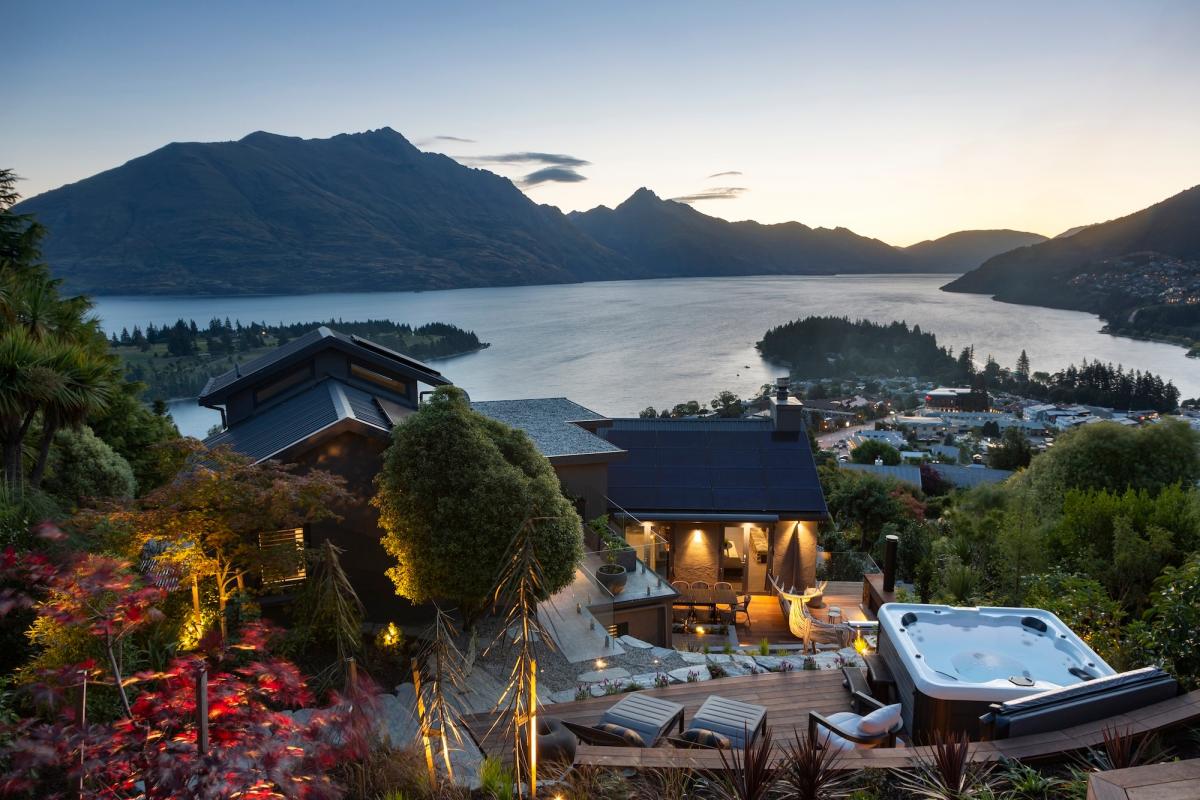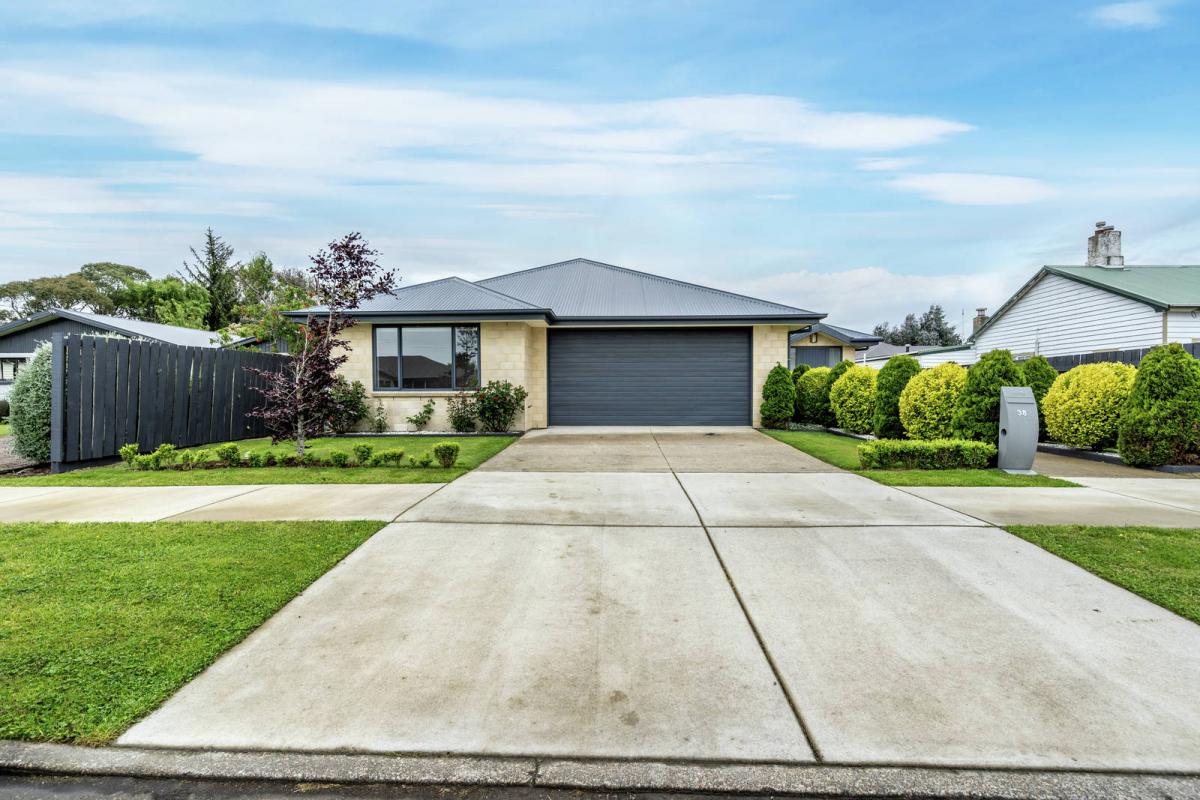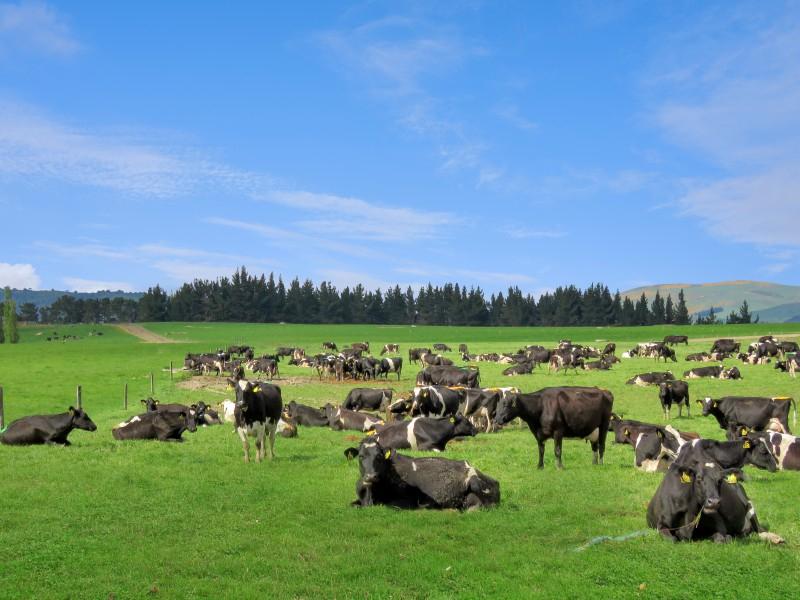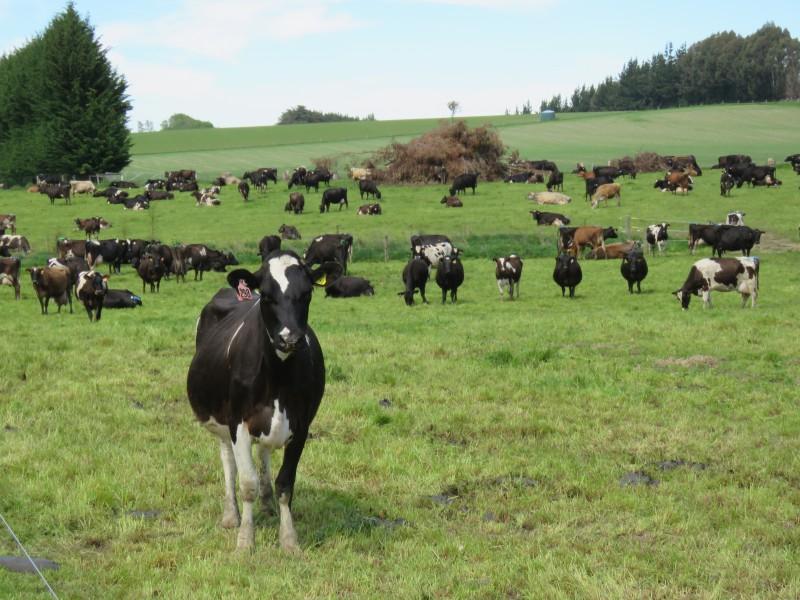Queenstown's only indoor public pool to close on weekends due to lifeguard shortage
From reporter Debbie Jamieson:
Queenstown’s only indoor public swimming pool will close on weekends, indefinitely, with the council blaming a lifeguard shortage.
And the news for families in the area gets worse: Arrowtown’s outdoor pool will close about a month early – on February 13 – for the same reason.
The Queenstown Lakes District Council-owned pools are the latest businesses to be hit by a widespread staff shortage, exacerbated in Queenstown by an extensive housing shortage.
Council sport and recreation manager Simon Battrick said the decision to close Alpine Aqualand in Frankton, Queenstown on weekends from February 18 was unavoidable due to a lack of staff.
The council chose to close on weekends to avoid disrupting swimming and fitness programmes.
Battrick said the district’s pools always struggled to find staff in February when high school and university students returned to their studies.
However, a global shortage of lifeguards and Queenstown’s local staff shortage meant the situation was worse this year.
Alpine Aqualand was down to nine staff and needed another 10 (full-time and part-time) to fill rosters.
A minimum of three full-time and one part-time lifeguards were needed to open on weekends.
The Queenstown Lakes district was not the only area suffering a shortage of lifeguards. In the Timaru District several pools have also been forced to reduce their operating hours in the last week.
Battrick said anyone who could swim 200 metres in under six minutes could apply to be a lifeguard.
Staff underwent two weeks training and two weeks supervision before being independent lifeguards.
The starting pay rate was $23.65 an hour and tops out at about $26.
As of the first of April the pool would be able to sponsor migrant workers but needed to pay a minimum $29.66 an hour, which was too high, he said.
“The reality is that this is an entry level job. “We have to live within our means.”
The hourly rate in the Queenstown Lakes was higher than at many other pools around New Zealand, as it recognised the higher cost of living in the district.
The council had advertised the roles extensively and had some bites, he said.
“It’s just really hard at the moment.
“Someone can give us a call, and we can take them through the process, give them a contract, and then next day they say they’re taking a job at the supermarket.”
There would be some exceptions to the use of the pool on the weekend including the locals swimming club, which was coached by a qualified lifeguard and swimming lessons.
The weekend closures would hit families and children who visit and play at the pool,
The situation would continue until more staff were available.
Mayor Glyn Lewers said the staff shortage issue was being felt right across council and there was no magic solution.
He was concerned about the impact of the closure of the pool on local families on weekends when the weather was not good for swimming in local waterways.
The pools provided a low cost recreational activity and social connection.
Now there was a barrier to providing that.
“We went through this with Covid. We don’t want to go through it again,” he said.
This was the first time in six years the pool had been closed, except during Covid-19.
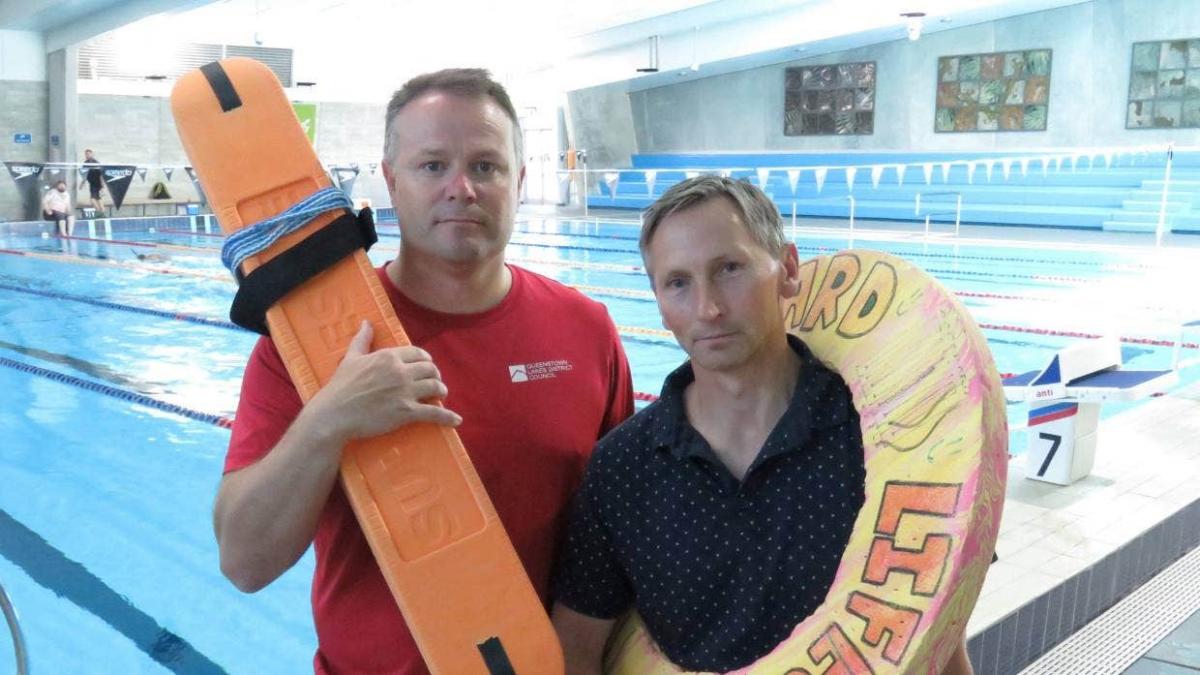
What's your favourite recipe for courgettes?
Kia ora neighbours. If you've got a family recipe for courgettes, we'd love to see it and maybe publish it in our magazine. Send your recipe to mailbox@nzgardener.co.nz, and if we use it in the mag, you will receive a free copy of our January 2025 issue.

What's your favourite tomato recipe?
Kia ora neighbours. We know your tomato plants are still growing, but we're looking ahead to the harvest already! If you've got a family recipe for tomatoes, we'd love to see it and maybe publish it in our magazine to share with our readers. Send your recipe to mailbox@nzgardener.co.nz, and if we use it in the mag, you will receive a free copy of our February 2025 issue.

Warnings about scams
This Fraud Awareness Week, we’re reminding everyone to stay sharp and look out for the warning signs of scams to stop them before they start.
Here’s what to watch out for:
🔍 Unrealistic offers or promises of easy money that are too good to be true
🔍 Pressure tactics: Scammers may rush or threaten you to act immediately.
🔍 Requests for personal info: Be cautious if you’re asked for bank details, passwords, or sensitive information.
🔍 Unusual payment methods like gift cards, cryptocurrency, or wire transfers.
🔍 Unverified contacts: Emails, calls, or messages from unknown or suspicious sources.
How to protect yourself:
✅ Stop and think before sharing personal details or making payments.
✅ Don't click on any links until you know that it is safe.
✅ Verify the source: Contact the organisation directly using official channels.
✅ If something’s not right, it's OK to hang up, walk away, ignore it and move on.
If you wish to report a scam, contact Police on 105 or report it online via 105.police.govt.nz/use-105.

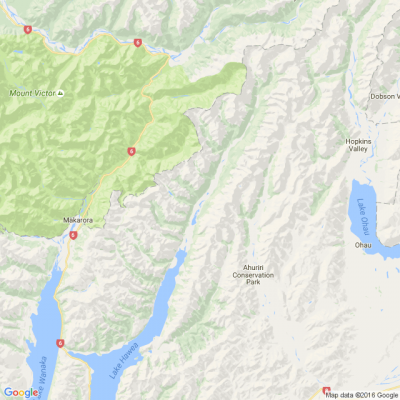
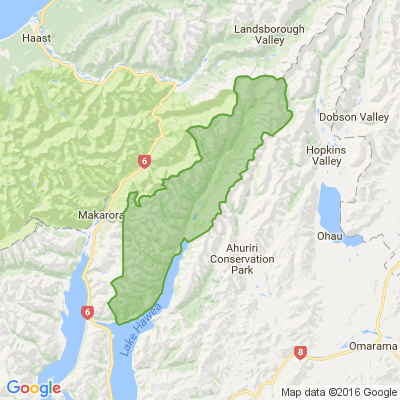




 Loading…
Loading…